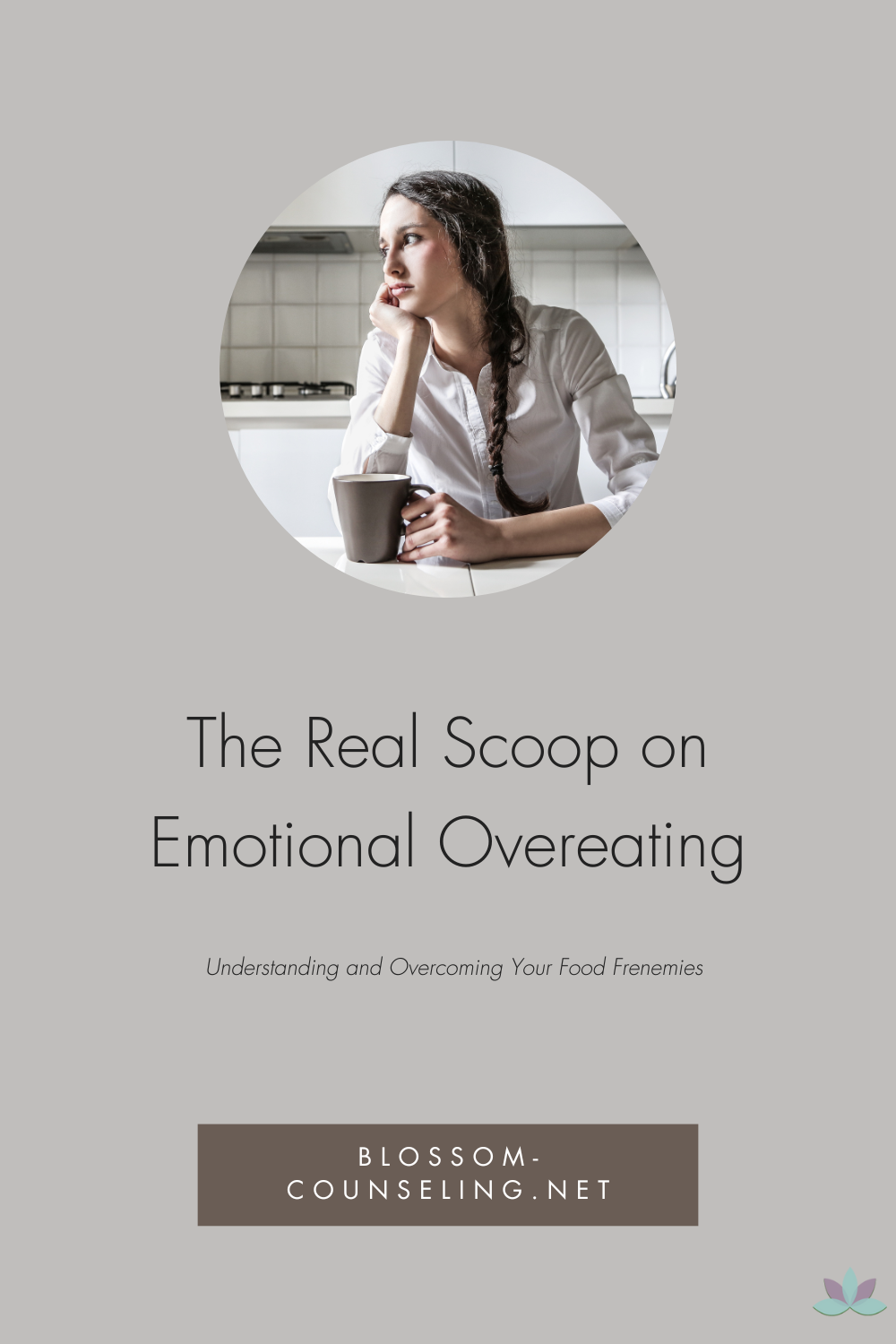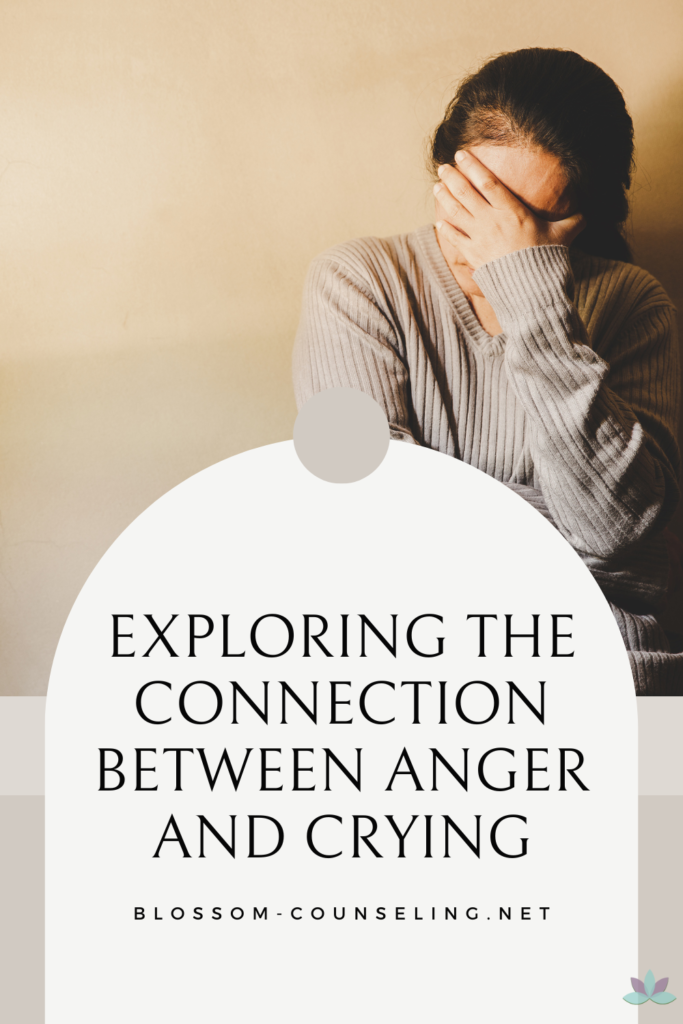
Picture this: It’s been a day. You’ve ridden the rollercoaster of deadlines, emails, and maybe even that not-so-joyful interaction with your boss. Finally, you’re home, greeted by the comforting embrace of your couch and the seductive call of the refrigerator. Without much thought, you find yourself reaching for that pint of ice cream or that bag of chips — not because you’re hungry, but because you’re looking to fill a void that isn’t in your stomach.
Emotional overeating is like that friend who’s always there for you when you’re down, ready with open arms (or, in this case, an open fridge). But, much like a frenemy, it’s not always the healthiest influence. It’s the act of using food as a way to deal with feelings, rather than to satisfy hunger. Understanding why we turn to food for comfort is the first step toward developing a healthier relationship with it — and our emotions.
Why Do We Turn to Food?
The reasons behind emotional overeating can be as varied as the snacks hidden in our kitchen. For many, food is a source of comfort. It can be associated with positive memories, like baking cookies with grandma or enjoying a holiday meal with family. For others, it’s a temporary escape from boredom or a way to avoid dealing with stressful situations.
Biologically speaking, eating — especially high-fat, high-sugar foods — can trigger the brain’s reward system, releasing feel-good chemicals like dopamine. So, in a way, you’re not just imagining the brief euphoria that comes with a chocolate bar; your brain is lighting up like a Christmas tree, saying, “Yes, more of that, please!”
Recognizing Emotional Hunger
Distinguishing between emotional hunger and physical hunger is crucial. Emotional hunger is sudden, urgent, and often craves specific comfort foods. Physical hunger, on the other hand, develops gradually and is open to various food options. Emotional hunger seeks immediate satisfaction, while physical hunger can wait. After an emotional feast, feelings of guilt or shame might follow, unlike the neutral or satisfied feeling that comes after eating for physical hunger.
Strategies to Manage Emotional Overeating
Tune Into Your Feelings: Before you reach for that snack, pause and ask yourself what you’re really feeling. Are you bored, stressed, lonely? Acknowledging your emotions is a powerful step toward managing them without food.
Find Other Comforts: Once you’ve identified your feelings, seek non-food ways to deal with them. Stressed? A quick walk or a few minutes of deep breathing might help. Bored? Dive into a good book or call a friend.
Mindful Eating: Pay attention to what you eat and savor each bite. This can help you enjoy your food more and recognize when you’re physically full, reducing the likelihood of overeating.
Don’t Deprive Yourself: Restricting food can lead to cravings and binge eating. Instead, focus on balance. Allow yourself to enjoy your favorite foods in moderation.
Seek Support: Sometimes, we need a little help from our friends, family, or professionals to navigate our relationship with food and our emotions. Talking about it can be incredibly therapeutic and enlightening.
Finding Balance
It’s okay to find comfort in food now and then — we’re only human, after all. The key is to not let it become our only coping mechanism. By understanding the emotional roots of our eating habits and exploring healthier ways to manage our feelings, we can develop a more balanced and fulfilling relationship with food.
Emotional overeating is a common experience, and it’s nothing to be ashamed of. Like any habit, it can be understood and changed with patience, self-compassion, and perhaps a bit of support. Remember, it’s not just about the food; it’s about taking care of our emotional well-being and finding joy in the journey toward healthier habits.
|
|




